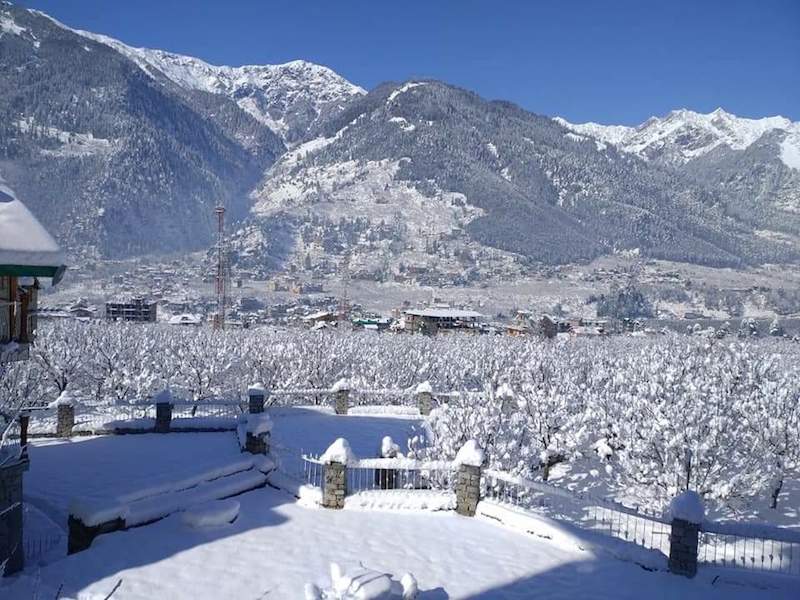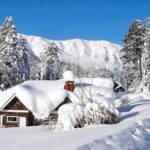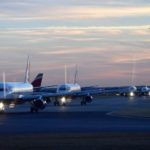
(TAN): Popular north Indian tourist destinations Manali and Shimla, along with the nearby Kufri and Narkanda received the season’s first snowfall on November 16.
As the pandemic continues to batter the tourism industry, this timely snow has brought cheers among the tourists and hoteliers as hopes of a tourism revival brighten in the region.
The residents of Shimla shivered as icy winds accompanied by overnight rain brought down the minimum temperature. The hills overlooking Manali also experienced moderate spells of snow, an official of the meteorological office in Shimla told IANS.
The picturesque Kalpa, some 250 km from Shimla, too experienced snow. Superintendent of Police of Shimla, Mohit Chawla has reportedly said Kufri has already recorded more than two centimetres of snow. Three roads Narkanda, Kharapatthar near Jubbal and Khirki (Chopal) have been blocked due to snowfall. However, traffic on the Shimla Kufri road was moving smoothly, as per reports.
The mountain peaks viewed from Shimla and the Dhauladhar peaks overlooking the Tibetan Buddhist leader Dalai Lama’s official palace in McLeodganj near Dharamshala were also covered by a white blanket. The other hill destinations of Dharamsala, Nahan, Chamba, Dalhousie and Mandi got rains.
[ALSO READ: Tourists using false negative Covid-19 test reports to bypass travel restrictions]
High-altitude areas of Lahaul and Spiti, Chamba, Mandi, Kullu and Kinnaur districts have been experiencing snow since November 15, according to the meteorological office in Shimla.
Earlier this month, Keylong, the administrative centre of the Lahaul and Spiti district, also received its first snowfall blocking Leh-Manali Highway. As the valley is under a blanket of snow, the newly opened Atal Tunnel is keeping the connectivity to the area intact this year.
Tourists are going to miss Lahaul and Spiti valley this year since the Tourism Society of Spiti, an umbrella body of all stakeholders including Panchayats and travel agents, recently imposed a ban on tourism activities till March 2021, fearing a surge in Covid-19 cases during the winter.




